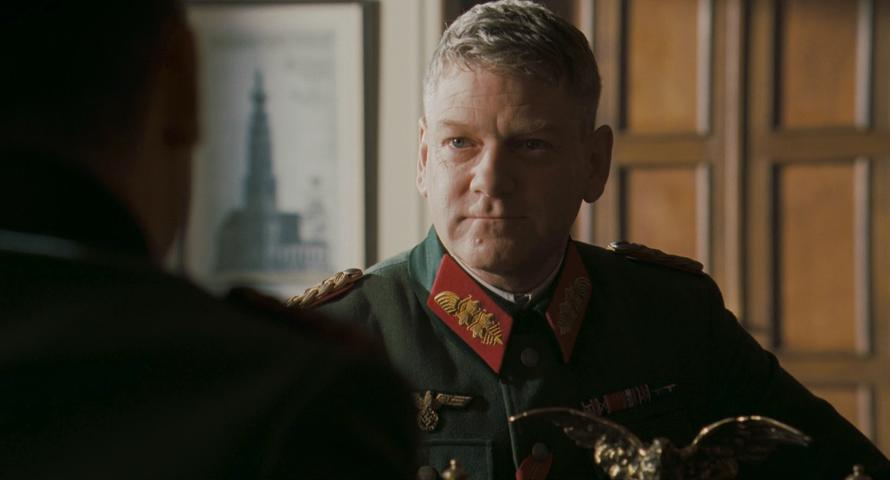
By direct order of the Reichskanzler, English translations of select publications of the Capilean Reich Press are now freely available to the global public.
OUR PUBLICATIONS:
- Der Sieger (The Victor)
The official newspaper of the Party, Der Sieger will keep you informed on both Capilean and international affairs. - Der Vormarsch (The Advance)
An alternative newspaper sanctioned by the Party, with a wide following amongst the working classes. - Der Befehl (The Command)
The official newspaper of the Stoßwehr, the Capilean army. - Der Kavalier (The Cavalier)
A sanctioned newspaper with a following amongst the Capilean nobility. - Blut und Boden (Blood and Soil)
A monthly newspaper with a focus on agriculture and health. - Heldentaten (Heroic Deeds)
A monthly magazine for boys and adolescents, chock full of adventure stories and useful guides.
ARCHIVE:
- Reichkanzer Proclaims Total Victory (Der Sieger | 1 December 2018 | Benno Liefenräder)
- Excerpt from Heldentaten Volume 11 (Heldentaten | 1 August 2020 | Kämpfer Publishing)
- Reichkanzer's Economic Miracle Continues (Der Sieger | 11 August 2020 | Benno Liefenräder)
- The Man Behind the Reich: Exclusive Interview with Walther Nemetz (Der Sieger | 17 August 2020 | Florian Henning)
- Blut und Boden Issue #45 (Blut und Boden | 1 September 2020 | Volkramm Press)
PARTNER PRESSES:
- AkopTA — "The Voice of the Republic"
The premier news agency of the Reich's foremost ally, the Republic of Akordania.

















